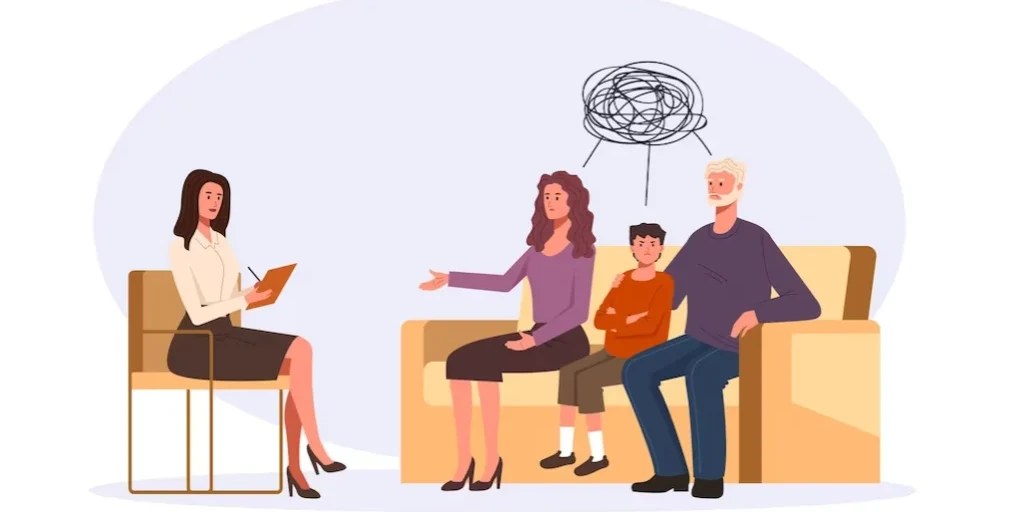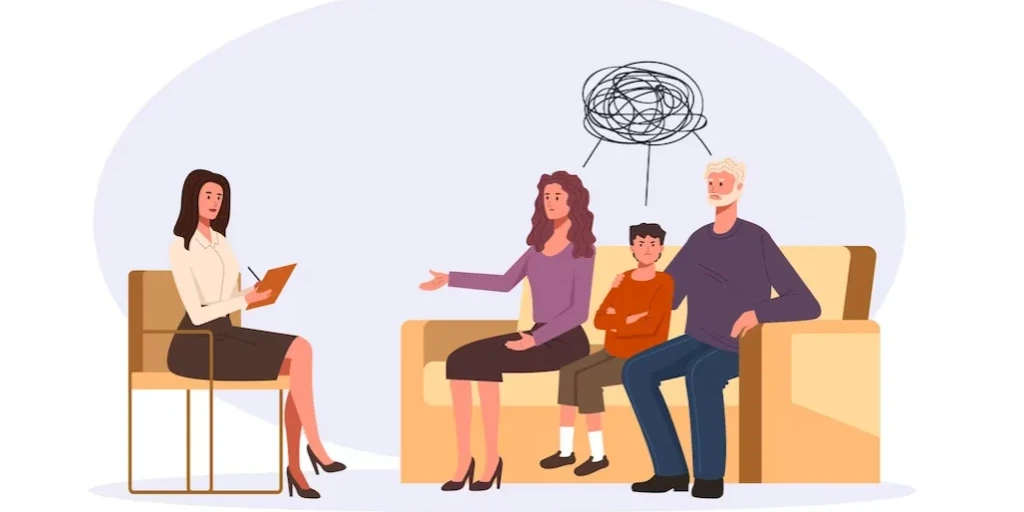24/7 Helpline:
(866) 899-111424/7 Helpline:
(866) 899-1114
Learn more about Bipolar Disorder Treatment centers in Castro County
Bipolar Disorder Treatment in Other Counties















Dimmitt – Outpatient
Dimmitt – Outpatient is a private rehab located in Dimmitt, Texas. Dimmitt – Outpatient specializes ...













Other Insurance Options

BlueCross

State Farm

Optum

BlueShield

United Health Care

Premera

Sutter

BHS | Behavioral Health Systems

Horizon Healthcare Service

Ceridian
Beacon

GEHA

Carleon

Humana

UnitedHealth Group

Evernorth

Oxford

Amerigroup

Ambetter

Group Health Incorporated